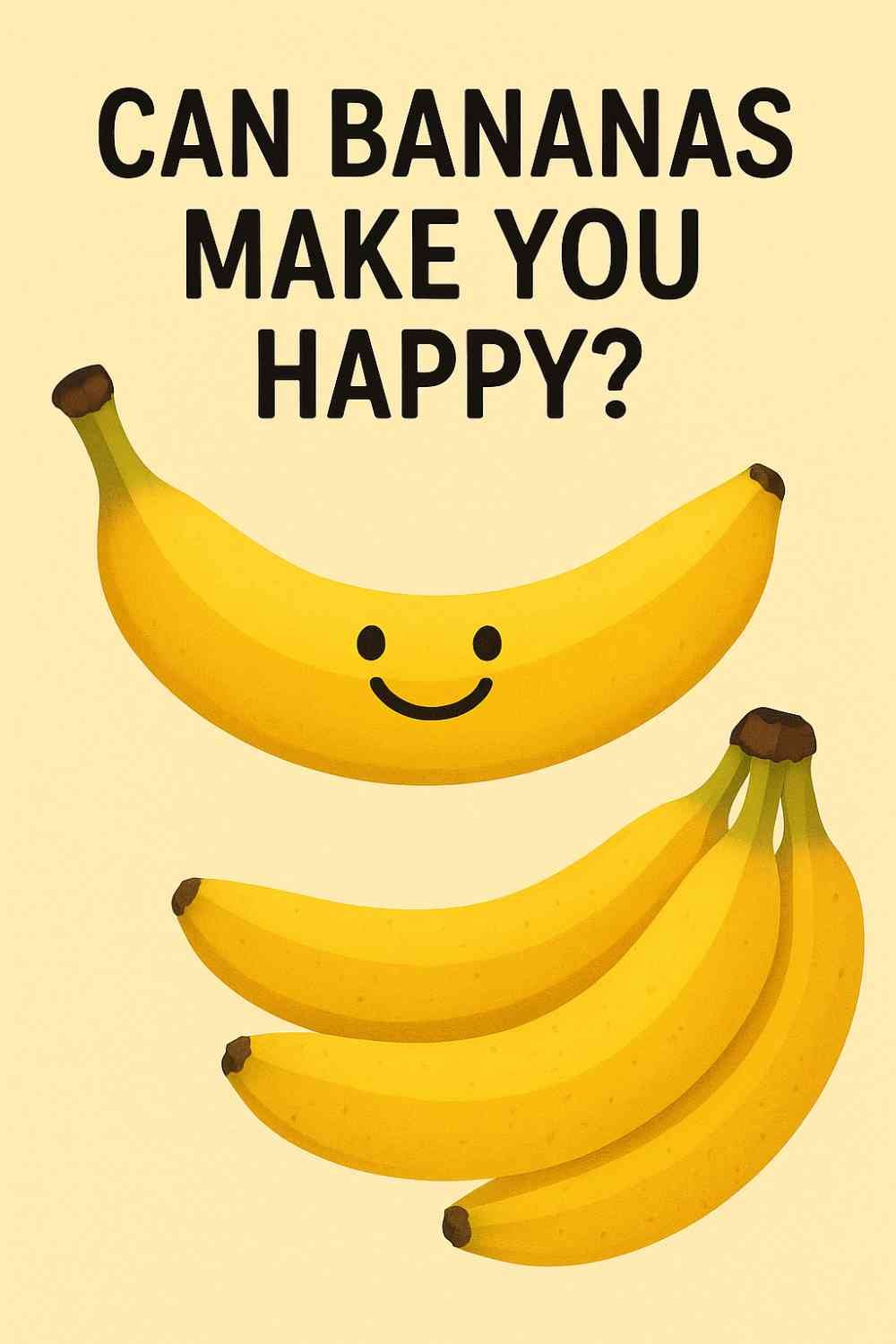 You’ve probably heard that an apple a day keeps the doctor away, but what about a banana? Could something as simple, cheap, and unassuming as this yellow fruit actually lift your mood? The idea isn’t as ridiculous as it sounds. Science, culture, and even personal experience suggest there’s something oddly uplifting about peeling open a banana—like unwrapping a little dose of sunshine.
You’ve probably heard that an apple a day keeps the doctor away, but what about a banana? Could something as simple, cheap, and unassuming as this yellow fruit actually lift your mood? The idea isn’t as ridiculous as it sounds. Science, culture, and even personal experience suggest there’s something oddly uplifting about peeling open a banana—like unwrapping a little dose of sunshine.
The Science Behind the Smile
Bananas are packed with tryptophan, an amino acid that your body converts into serotonin—the so-called “happy chemical.” Low serotonin levels are linked to depression and anxiety, so anything that gives it a natural boost is worth considering. But here’s the kicker: Unlike mood-boosting supplements or prescriptions, bananas don’t come with a label warning about side effects. You won’t find “may cause excessive grinning” in tiny print.
Then there’s vitamin B6, another key player in mood regulation. Your brain uses it to help produce neurotransmitters like dopamine and serotonin. A medium banana delivers about 20% of your daily B6 needs. Not too shabby for something that costs less than a vending machine snack.
Comfort Food Without the Guilt
Let’s be real—most of us reach for junk food when we’re down. A pint of ice cream may offer temporary relief, but the sugar crash that follows is brutal. Bananas? They’re sweet enough to satisfy cravings, but their natural sugars come bundled with fiber, which slows absorption and prevents the dreaded energy nosedive.
Ever noticed how a banana feels like a small victory on a chaotic morning? It’s the one thing you can grab when you’re running late, and it doesn’t spill, crumble, or demand a microwave. There’s a quiet dignity in that.
The Ritual of Peeling Away Stress
There’s something meditative about eating a banana. The act of peeling it forces you to slow down, even if just for a moment. Unlike mindlessly shoveling chips into your mouth, a banana demands attention. You can’t multitask your way through it—unless you enjoy banana mush on your keyboard.
And let’s talk texture. A perfectly ripe banana is creamy, almost luxurious. Underripe? Chalky disappointment. Overripe? A sugar bomb best suited for banana bread. But when you hit that sweet spot—literally—it’s a tiny, uncomplicated joy.
Cultural Comfort in a Yellow Package
Bananas have been a symbol of simplicity and happiness in ways we don’t even realize. Think about it: Minions are obsessed with them. The phrase “going bananas” means losing yourself in excitement. Even the emoji 🍌 is used for anything from silliness to… well, other suggestive interpretations.
In Japan, banana consumption skyrocketed after a study linked them to better sleep and relaxation. The Japanese even have a term, banana diet, not because it’s a fad, but because people started eating them as part of mindful wellness routines.
The Unexpected Psychological Lift
A study from the University of Otago found that students who ate more fruits and vegetables—bananas included—reported higher levels of happiness and life satisfaction. Was it purely biochemical? Maybe. But part of it could be the unconscious satisfaction of choosing something good for yourself.
Ever handed someone a banana when they were “hangry”? It’s like defusing a bomb with a fruit. The shift from grumpy to grateful is almost instant. That’s power.
When Life Gives You Bananas…
Of course, bananas aren’t magic. If you’re battling serious depression, no amount of potassium will replace therapy, support, or professional help. But for everyday slumps, they’re a surprisingly effective tool.
Next time you feel a fog rolling in, try this: Eat a banana. Sit with it. Notice the taste, the texture, the absurd simplicity of this humble fruit. No grand promises—just a small, sweet reminder that good things don’t have to be complicated. And if nothing else, at least you didn’t eat another sad desk lunch. 🍌
🔍 Want more feel-good facts? Take our quirky Geography Quiz or try the brain-boosting Bing Homepage Quiz!

